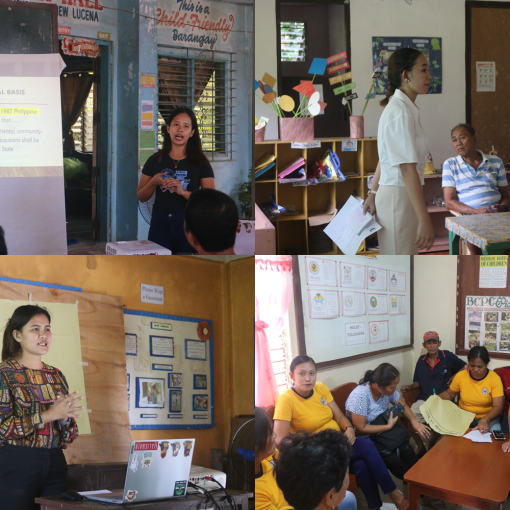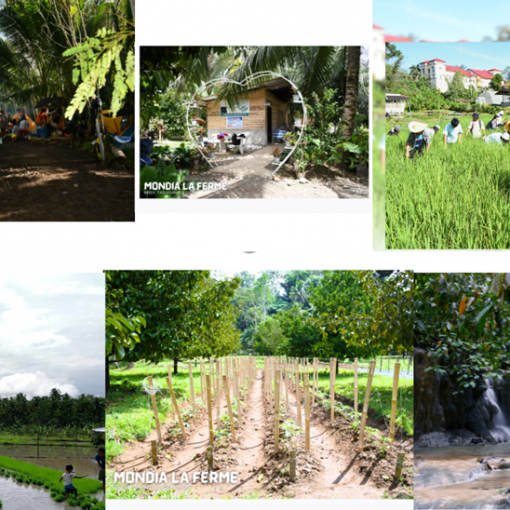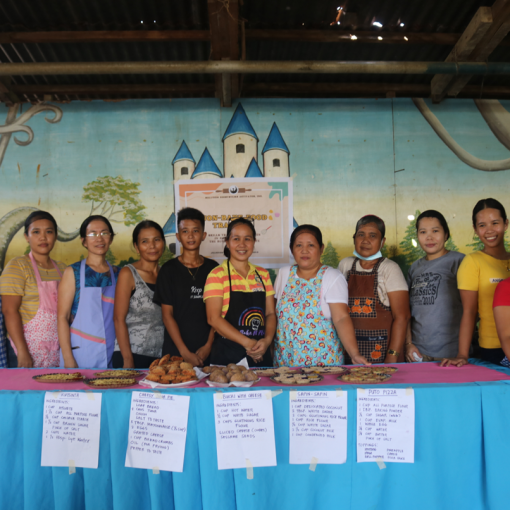Written by: Christine Bugarin

The Solution Ecosystems Activator Inc. (SEA Inc.) imparted another principle of learning called Participatory Resource Appraisal (PRA) Training to add knowledge on analyzing and interpreting data in their community. On April 03, 2024, a total of 17 community participants included the elected barangay officials, barangay Tanods, CSOs, and barangay health workers. Through the leadership of their Punong Barangay Hon. Elizer Divinagracia, who actively participated during the PRA training at Barangay Pasil, New Lucena.
In this activity, the participants engaged with the local leaders to be part of the assessment of their existing resources, identification, and updating of household profiles that would serve as the basis for development planning. Their active and responsive participation for easy future intervention of programs in the barangay and CSO needs. The importance of participating and collaborating in their journey of achieving sustainable development is greatly emphasized during the training.

Throughout the process, the participants involved in updating their existing spot map indicating houses and structures. The Community Resource Map helped identify their available resources, fills up the Household Inventory (HHI) form, and illustrates the relationship between and among Barangay LGU, CSOs, and other institutions operating within the community through the Venn Diagram. A 24-hour Recall is also applied to assess the routine or daily activities of the people to harmonize the schedule according to their availability.
As a result of the PRA Training, one of the participants, Brgy. Kagawad and a farmer member, Maura Silguera said, “We’re thankful that we can update the community data and realized that we need more improvements to work on in our barangay. We can gain additional knowledge by knowing and applying the process and committed to cooperating for a series of training and activities under the IPAT-SIAD program”.




